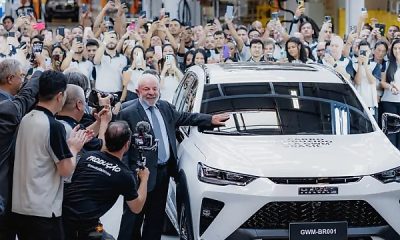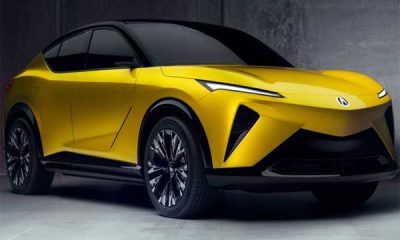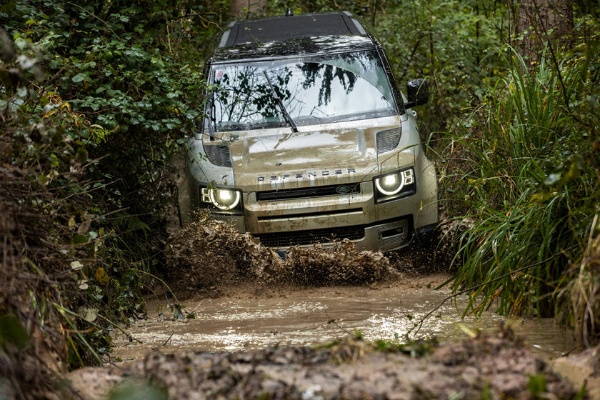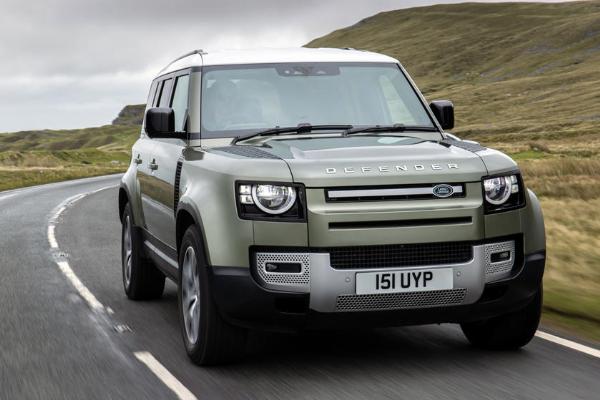News
Land Rover Will Start Testing Hydrogen-Powered Defender Before The Year Ends
-

 News1 week ago
News1 week agoChina’s GWM Begins Production At Its New Brazilian Factory Formerly Owned By Mercedes-Benz
-

 Celebrities Auto1 week ago
Celebrities Auto1 week agoCheck Out Femi Otedola’s Cars In Monaco, Including $1.3m Klassen Mercedes V-Class, Rolls-Royce Phantom 8
-

 News1 week ago
News1 week agoCletus Ibeto’s N1.7b Rolls-Royce Cullinan Series II Gets ‘Gold’ Spirit of Ecstasy, ‘The Ancestors’ Number Plate
-

 News1 week ago
News1 week agoNestoil Boss, Obi Jackson, Pulls Up In Style In Mercedes-Benz S600 Pullman Guard Limousine
-

 Celebrities Auto5 days ago
Celebrities Auto5 days agoShatta Wale Detained Over Tax Evasion Linked To Purchase Of His Yellow Lamborghini Urus
-

 Celebrities Auto1 week ago
Celebrities Auto1 week agoRapper Travis Scott Checks Out All-new $3.5 Million Lamborghini Fenomeno During Invite-only Event
-

 Concept Cars1 week ago
Concept Cars1 week agoAcura RSX Makes A Return As An Electric Coupe SUV (Prototype)
-

 Car Facts6 days ago
Car Facts6 days agoPer Capita, These Nations Have The Most Cars


